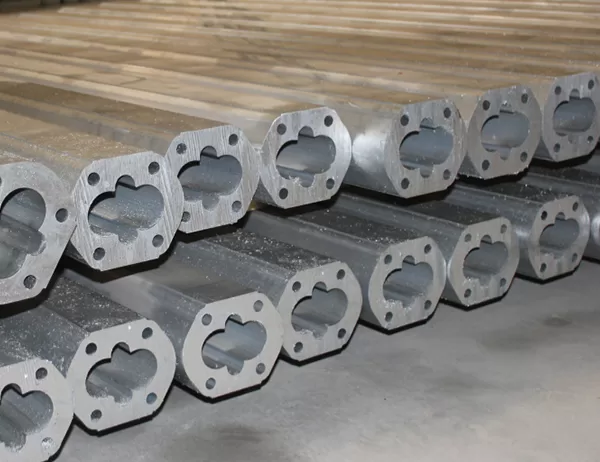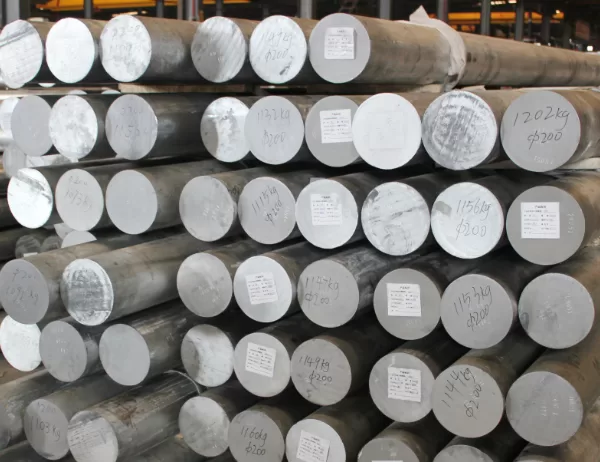Benefits of 6101 Aluminum Alloy in Electrical and Automotive Industries: A Material That Powers Innovation
In the rapidly evolving landscapes of the electrical and automotive industries, the quest for lightweight, durable, and efficient materials is paramount. 6101 aluminum alloy, with its exceptional properties, has emerged as a game-changer, unlocking a world of possibilities for these sectors.
Exceptional Strength-to-Weight Ratio:
6101 aluminum alloy boasts an impressive strength-to-weight ratio, making it ideal for applications where weight reduction is crucial. This lightweight characteristic enables automakers to design vehicles with enhanced fuel efficiency and performance while electrical engineers can minimize the size and weight of components.
Excellent Corrosion Resistance:
In the face of harsh environmental conditions, 6101 aluminum alloy’s superior corrosion resistance ensures its long-term durability. This property makes it a prime choice for electrical connectors and automotive components exposed to moisture and corrosive elements. Its ability to withstand corrosion translates into reliable operation and reduced maintenance costs.
Electrical Conductivity:
6101 aluminum alloy’s high electrical conductivity makes it an ideal conductor for electrical applications. Its low resistance minimizes energy losses, resulting in increased efficiency and reduced heat generation. This characteristic makes it suitable for power transmission lines, electrical windings, and battery terminals.
Versatility and Formability:
The versatility of 6101 aluminum alloy allows for complex shapes and intricate designs. Its exceptional formability makes it easy to produce customized components that meet the unique requirements of different applications. This versatility enhances innovation and enables engineers to push the boundaries of design.
Applications in Electrical and Automotive Industries:
In the electrical industry, 6101 aluminum alloy finds applications in high-voltage transformers, power distribution systems, and battery packs. It is also used in electrical connectors, switches, and circuit boards due to its high conductivity and corrosion resistance.
In the automotive sector, 6101 aluminum alloy is widely employed in body panels, chassis components, and engine parts. Its lightweight and durable nature contributes to improved fuel efficiency, crashworthiness, and performance. It is also used in electrical components such as battery terminals and electrical wiring.
Conclusion:
6101 aluminum alloy has proven to be an invaluable material in the electrical and automotive industries. Its exceptional strength-to-weight ratio, corrosion resistance, electrical conductivity, versatility, and formability make it a key player in driving innovation and enhancing the performance and efficiency of these sectors. As technology continues to advance, this remarkable alloy will undoubtedly continue to play a vital role in shaping the future of electrical and automotive applications.




